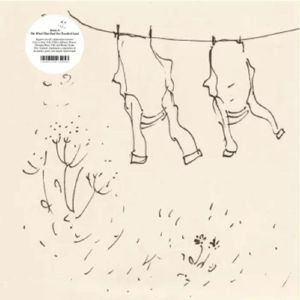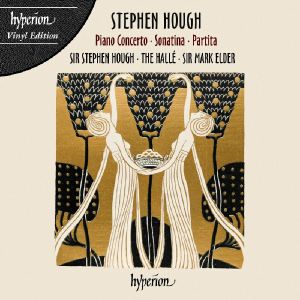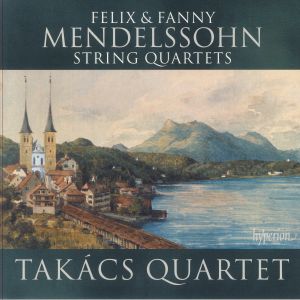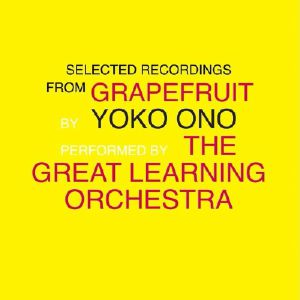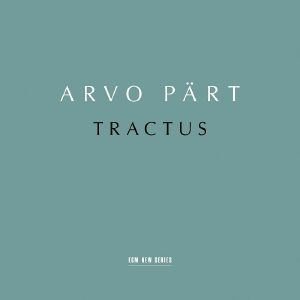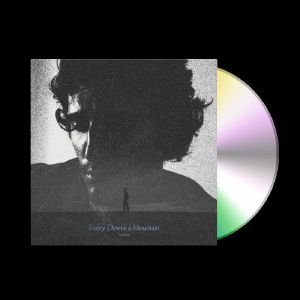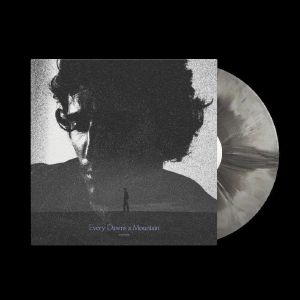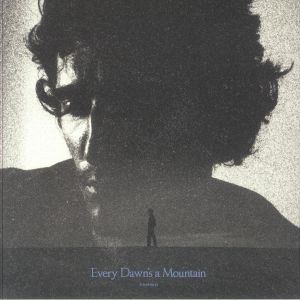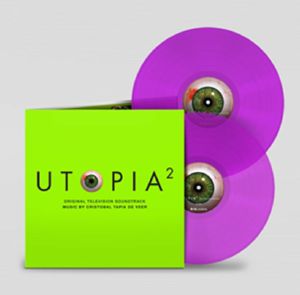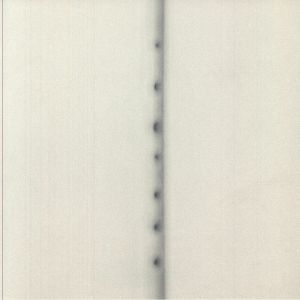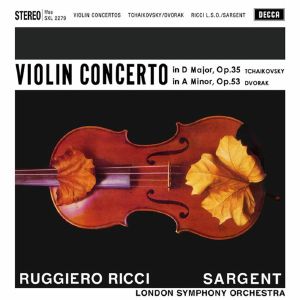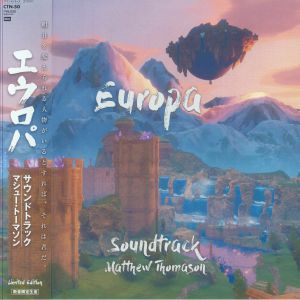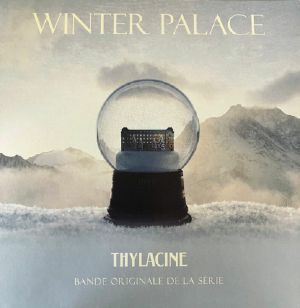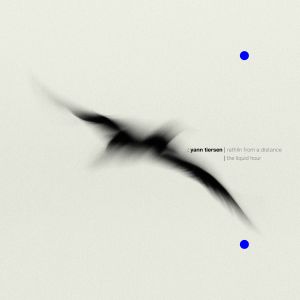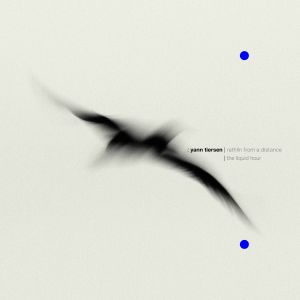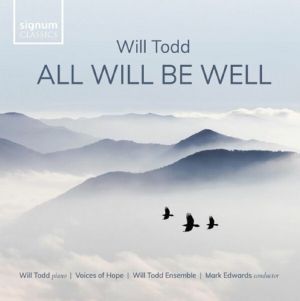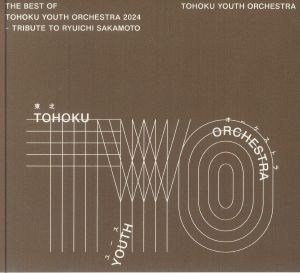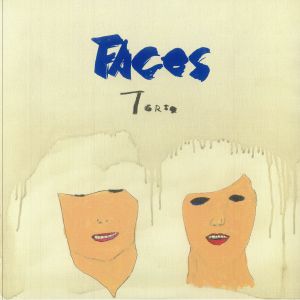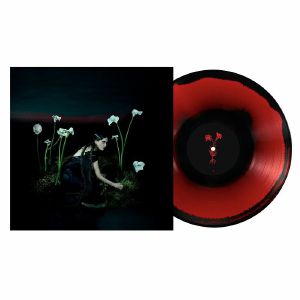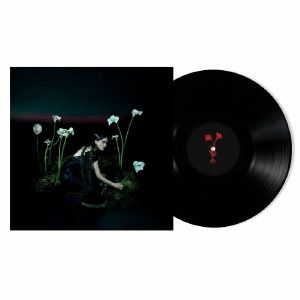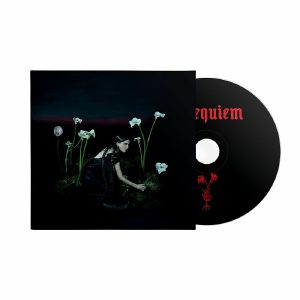Filter
Genre
在庫状況
音楽
レーベル
Featured
リリースタイトル
値段
Back catalogue: Classical
Juno's full catalogue of Classical
アルバム
The Wind That Had Not Touched Land (LP + insert)
Cat: ACOLOUR 052. Rel: 30 Apr 25
in stock $23.95
Piano Concerto Sonatina & Partita (gatefold LP)
Cat: LPA 68455. Rel: 10 Apr 25
in stock $20.04
String Quartets (gatefold LP)
Cat: LPA 68330. Rel: 13 Mar 25
in stock $18.38
Selected Recordings From Grapefruit (gatefold 180 gram vinyl 2xLP + booklet + MP3 download code)
Cat: KR 100. Rel: 20 Mar 25
Review: For the first time on vinyl, through Karl Records, comes a limited edition and furtive Yoko Ono retrospective, in conjunction with the over-100-strong, Sweden-headquartered ensemble and community network The Great Learning Orchestra. These unlikely recordings were made at the time of the musician and performance artist Ono's 1964 multimedia collection Grapefruit, a cornerstone of what would later become known as "conceptual art". Grapefruit itself is a large artist's book, with a large vellum spine and browned parchment paper; it contains a series of "event scores" that outline, rather than permit the performances of, many different performance art pieces. The effect is apocryphal and ominous, as though the real performance of these instructive works may have accursed or deleterious effects. "Like a musical score, Event Scores can be realized by artists other than the original creator and are open to variation and interpretation"; and yet, Ono's book is a one of one, having never been reproduced or thus made collectable. Pre-dating John Cage by about a decade, the "event scores" described therein have now been performed by The Great Learning Orchestra, where hardly any of the performances / pieces have ever been captured sonically or laid to disc. This record changes all that, realising Ono's bewildering text instructions as tremulous suites, made up of clattering material hits and harrowing string instrumental assaults.
… Read more in stock $27.29
Arvo PART / TONU KALJUSTE / MARIA LISTRA / ESTONIAN PHILHARMONIC CHAMBER CHOIR / TALLINN CHAMBER ORCHESTRA
Tractus (2xLP + booklet)
Cat: 485916 7. Rel: 22 Apr 25
Review: In celebration of Arvo Part's 90th year, his latest release showcases the Estonian composer's continued exploration of minimalist, spiritually charged sound . Part's work has always sought to blend the sacred with the secular, and this collection of new renditions brings forward the timeless resonance of his choral and orchestral compositions. Opening with 'Littlemore Tractus,' based on John Henry Newman's reflections, the piece sets the tone of quiet, introspective change that permeates the entire work. His music, a dialogue between sound and silence, invites profound contemplation, with the Tallinn Chamber Orchestra and the Estonian Philharmonic Chamber Choir under Tonu Kaljuste's direction offering nuanced, deeply attentive performances. Compositions like 'Vater unser,' showcase Part's ability to transform liturgical text into transcendent musical experience. There's an undeniable spiritual gravity in pieces such as 'Cantique des degres' and 'Sequentia,' where strings and vocals weave in delicate yet forceful patterns, revealing a steady undercurrent of renewal. The rich textures in these works evoke both a longing for and a reconciliation with the past, capturing Part's life-long exploration of sacred music's dialogue with the world. The album culminates with 'Vater unser,' an evocative reworking that brings together choir, strings, and piano, offering a meditative close to an album that is as much about reflection as it is about the continued forward momentum of Part's artistry. Recorded in Tallinn's Methodist Church, this latest chapter is a continuation of the Part-Eicher partnership that has defined so much of his career, expanding the legacy of albums like Tabula rasa and reinforcing Part's place as one of the most significant voices in contemporary classical music of the 20th and 21st centuries.
… Read more in stock $46.61
in stock $13.09
Every Dawn's A Mountain (limited gatefold silver & black marbled vinyl LP + poster)
Cat: COMM 655. Rel: 20 Mar 25
! low stock $25.90
in stock $23.95
Utopia 2 (Soundtrack) (limited gatefold translucent violet vinyl 2xLP)
Cat: SILLP 1463V. Rel: 15 Apr 25
Review: British conspiracy thriller Utopia follows a group of young adults who, after discovering a mysterious comic book - The Utopia Experiments - embark on a manic quest for corporate restitution and prophetic fulfilment. As a shadowy government organisation detects their plans and resolves to track their every move, we watch an empathic but deadly game of cat-and-mouse; and Cristobal Tapia de Veer's acclaimed score only heightens the tension. This new 2xLP edition includes such instantly recognisable motifs as 'Brainwave Playground', 'Satan's Waltz' and 'The Monarch's Pyramid', capturing the series' eerie and intense atmosphere. The score continues to resonate to this day, following Tapia de Veer's success with The White Lotus and Babygirl.
… Read morePlayed by: Juno Recommends Leftfield
in stock $42.88
in stock $27.01
Pyotr Ilych TCHAIKOVSKY / ANTONIN DVORAK / SIR MALCOLM SARGENT / RUGGIERO RICCI / LONDON SYMPHONY ORCHESTRA
Violin Concerto (gatefold 180 gram audiophile vinyl 2xLP with obi-strip)
Cat: ANALPI 43194. Rel: 23 Apr 25
in stock $99.12
Europa (Soundtrack) (limited LP with obi-strip)
Cat: CTN 50. Rel: 03 Mar 25
in stock $55.13
in stock $31.46
Rathlin From A Distance/The Liquid Hour (2xLP with obi-strip (indie exclusive))
Cat: STUMM 514. Rel: 03 Apr 25
Review: Breton artist Yann Tiersen's new album is divided into two distinct parts, each with its own identity. Rathlin from a Distance features eight introspective piano pieces named after locations Tiersen visited during his 2023 sailing tour, such as the Fastnet Lighthouse and the Faroe Islands. The music evokes introspection and tranquillity throughout and creates a meditative atmosphere that makes a lasting and cathartic impact. In contrast, The Liquid Hour is an expansive blend of electronic and psychedelic rhythms born from Tiersen's reflections on political and social change during his time at sea. The section's haunting melodies and Emilie Quinquis' vocals make a great counter to part one.
… Read more in stock $34.52
Rathlin From A Distance/The Liquid Hour (2xCD with obi-strip)
Cat: CDSTUMM 514. Rel: 27 Mar 25
in stock $14.48
All Will Be Well (CD)
Cat: SIGCD 891. Rel: 25 Apr 25
in stock $13.65
Cat: RZCM 67198. Rel: 25 Apr 25
in stock $35.93
Review: Japanese duo Torso's latest on their Ozato label offers an immersive blend of cello, flute and tape that defies expectations of contemporary classical music. Featuring bowed strings, shimmering flute and rich reed instruments, the duo's compositions draw from indie-pop structures and 1980s cafe music to concoct stripped-back yet lush sounds that recall Arthur Russell and Penguin Cafe Orchestra. Torso subverts musical hierarchies with addictive, breathtaking results here and though this is refined, accomplished and innovative material, it is also free from pretension.
… Read more in stock $36.74
A Requiem (limited red corona vinyl LP)
Cat: TPLP 1944LTD2. Rel: 03 Apr 25
Review: Brighton-based Australian vocalist, producer, and multi-instrumentalist Penelope Trappes shares her fifth album, requiescing ten captive ambient soundscapes, all of which share the aim of integrating dreamsand nightmares, grief and personal empowerment. Through the use of carnal, transcendent cello drones, Trappes explores historical and generational traumas in a chilling piece of gothic experimentalism. In a residential prelude, Trappes trapped herself in Scotland, eking remote studio solitude as a cranny in which to unleash personal demons, exploring and transmuting familial chaos and history. Raw and spiritually charged, the album offers a powerful meditation on loss; its threat, its meaning, and the process of coming to terms with it.
… Read more in stock $27.57
Review: Brighton-based Australian vocalist, multi-instrumentalist, and producer Penelope Trappes drops her fifth full length album and invites us on a bare bones, spiritual journey. Making herself incredibly vulnerable in the process, these are the kind of tracks that induce meditative and psychedelic trains of thought, haunting and beautiful, blissful and tense. Cello drones, gothic aesthetics, a king of futurist folk, at least some of the inspiration for which has come from time spent in isolated corners of Scotland. You can almost feel the wind blowing through the room as A Requiem lures and entices, breaks and mends hearts. Ambient, neo-classical, trance inducing works of wonder. This is the kind of record that can help make you see the world for what it is, and realise just how lucky we are to be here at the same time.
… Read more in stock $25.90
Review: London-based Australian vocalist, producer and multi-instrumentalist Penelope Trappe has always made immersive, enveloping and deeply atmospheric that sidesteps convention. It was that uniquely haunting and emotive approach to ambient and electronica that earned her deals with Optimo Music and Houndstooth, amongst others. Now signed to One Little Independent, Trappes has pushed the boat out further on Requiem, a mournful and bittersweet musical meditation in which her distinctively sweet-but-drowsy vocals rise above manipulated cello textures, hushed field recordings, ambient textures and intriguing electronic sounds aplenty. It's bold, beautiful and at times breathtakingly brilliant, once again marking Trappes out as an artist with a genuinely unique musical vision.
… Read more in stock $11.70
Yellowstone (Soundtrack) (180 gram audiophile vinyl 2xLP + insert)
Cat: MOVATM 224. Rel: 18 Mar 25
Review: Yellowstone is an American neo-Western drama centered on the Dutton family, whose massive cattle ranch borders Yellowstone National Park, the Broken Rock Indian reservation, and land developers. Kevin Costner, Luke Grimes, and Kelly Reilly play the crossfire-caught Dutton family, and composer Brian Tyler, influenced by his experience in a Native American music group, evokes such turmoil and unchecked exploitation, through traditional Native American sounds and Western elements; percussion, woodwinds, and exotic instruments alongside cellos and basses are all incorporated, invoking the harrows of modern factionalism.
… Read more in stock $36.48
The Sadness (Soundtrack) (remastered) (gatefold clear black & pink splattered vinyl 2xLP (side 4 screen printed))
Cat: ETR 227. Rel: 14 Mar 25
in stock $49.00

 USD
USD





